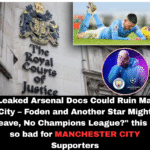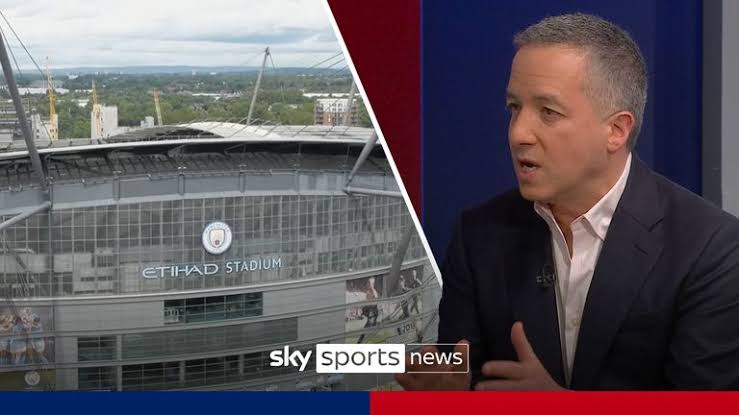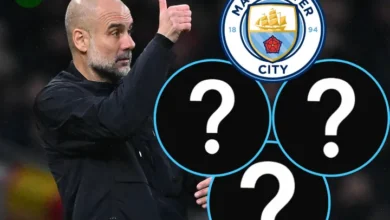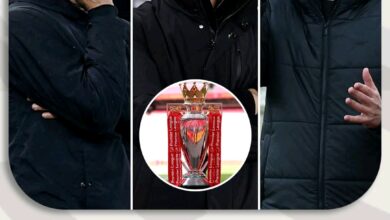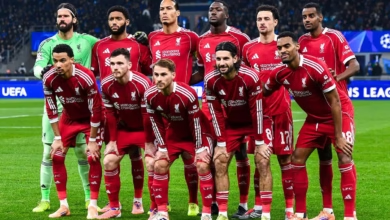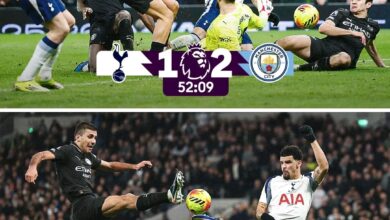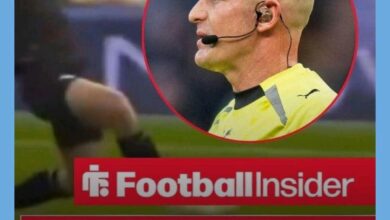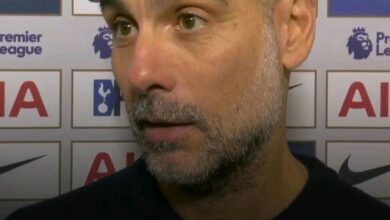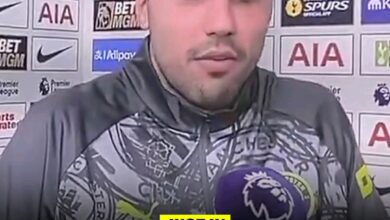HUGE NEWS JUST IN : A statement has been issued.
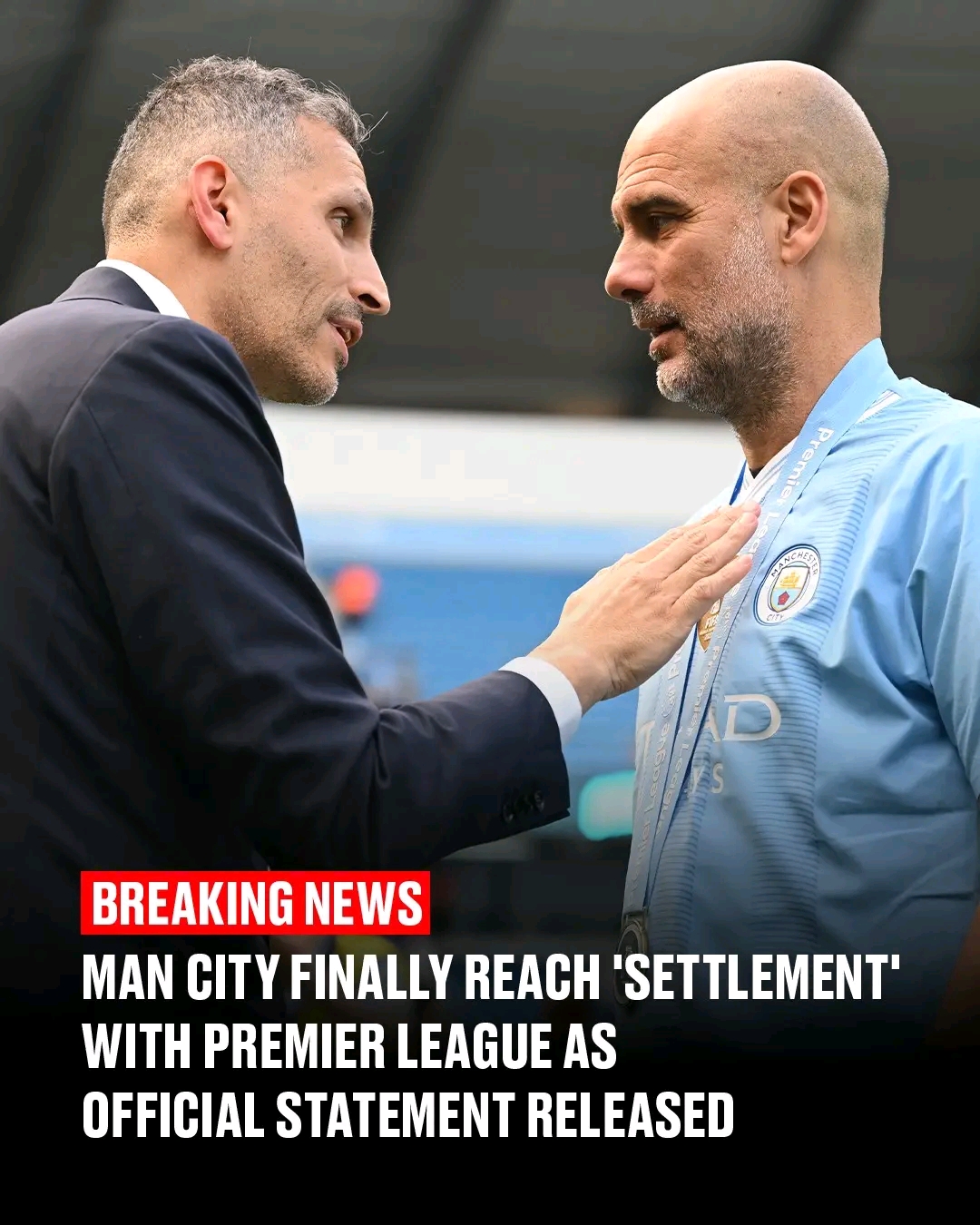
Manchester City and the Premier League have finally reached the point where both sides decided enough is enough. For months and months the headlines around England’s biggest football competition have been dominated not just by what happens on the pitch but also by legal fights, lawyers in dark suits, and secret documents being exchanged behind closed doors. Now, at least one of those battles has been closed, because Manchester City officially confirmed that they have settled their dispute with the Premier League over the Associated Party Transaction rules, rules that have been haunting them since they were introduced back in 2021.
The settlement was confirmed in a statement that City released, a statement that many fans had been waiting for. This is not the big case involving the 115 financial charges that has been hanging over the club like a shadow. That saga is still very much alive, and no verdict has been given yet. This was something different, something that City themselves decided to challenge aggressively by going after the Premier League in court. They had taken the bold step of launching a legal action against the league itself, questioning the legitimacy of the Associated Party Transaction rules, also called the APT rules. These rules were designed by the Premier League to regulate how clubs strike sponsorship or commercial deals with companies connected to their owners.
When those rules came in, everyone knew who they were targeted at. Manchester City, with their Abu Dhabi ownership, and Newcastle United, with their Saudi Arabian ownership, were the ones everyone pointed at. Other clubs were worried that City and Newcastle would sign huge sponsorship deals with companies tied to their owners, and use those deals to get around spending limits. So the Premier League created the rules to stop that. City, however, were furious. They believed those rules were unfair, and in their eyes, even illegal. That is why they went to court.
City’s legal team produced a massive 165-page document, filled with arguments, evidence, and claims that the rules were designed specifically to restrict them. They argued that the APT rules were anti-competitive, that they were unlawful, and that they were designed to target one club. It was an extraordinary move, something never seen before in English football. Most clubs would grumble behind the scenes, maybe leak their frustrations to the press, but City went all the way to challenge the league head on.
And in some ways, City got a partial victory. Even though they did not win the overall case, they managed to convince the court on seven of their arguments. That in itself was seen by some as a win, because it showed that the Premier League’s rules were not perfect. But in the end, they did not strike down the rules. The APT rules remained. The Premier League defended their position fiercely, because they knew if City had won, the entire regulatory framework of English football could collapse.
On Monday, however, everything changed. Manchester City released a calm but firm statement. They announced that both sides had reached a settlement, that the proceedings were being terminated, and that the matter was over. The words in the statement were carefully chosen, but they carried weight. City admitted that the current APT rules are valid and binding. That was a huge line, because it meant that after all the fighting, City accepted the rules they once called unfair.
The statement read: “The Premier League and Manchester City FC have reached a settlement in relation to the arbitration commenced by the club earlier this year concerning the Premier League’s Associated Party Transaction (APT) Rules and as a result the parties have agreed to terminate the proceedings. This settlement brings an end to the dispute between the parties regarding the APT Rules. As part of the settlement, Manchester City accepts that the current APT Rules are valid and binding. It has been agreed that neither the Premier League nor the club will be making any further comment about the matter.”
And just like that, the fight was over. No dramatic courtroom verdict. No giant ruling that changed football forever. Just a quiet agreement that closed the case. For some, it was an anticlimax. For others, it was relief. Because this battle had become a distraction, pulling attention away from the football and dragging the league into the courts.
But the questions will not stop. Fans want to know why City settled now. Did they see that the case was going nowhere? Did they believe that the damage of dragging it out would be worse than accepting the rules? Or was there pressure behind the scenes from other clubs, from sponsors, even from the government, pushing both sides to end it before things became uglier? No one knows for sure, because as part of the settlement, both City and the Premier League agreed not to comment further. That silence will only fuel speculation.
For Manchester City, the timing is interesting. The settlement comes while the 115 charges case is still ongoing. That bigger case is the one everyone talks about. It covers allegations of years of financial rule-breaking, disguising sponsorship money, and hiding payments. City have always strongly denied those allegations, but the process has dragged on for so long that fans have almost grown numb to it. By settling this APT dispute, some people believe City want to show that they can compromise, that they can work with the Premier League, and that not every battle has to end in war.
For the Premier League, this is also a relief. They can now point to this as proof that their rules are strong, valid, and untouchable. City tried to fight them and failed. That sends a message to other clubs, especially Newcastle, that challenging the league will not work. It strengthens the league’s hand ahead of future disputes.
But for the football world, this is not just about legal documents. This is about the balance of power in English football. Manchester City are not just any club. They are the champions of England, the winners of multiple Premier League titles, the kings of modern football under Pep Guardiola. When they go to war with the Premier League, it shakes the game. It makes fans wonder: who really runs football? Is it the clubs with their billions? Or is it the league with its rules?
City’s fans have mixed feelings. Some feel betrayed, because they believed the club was right to fight. They saw the APT rules as unfairly targeted at City, a way for the old powers like Manchester United, Liverpool, and Arsenal to stop them from dominating. Those fans wanted City to fight to the very end, to rip the rules apart and prove a point. But others see the settlement as smart. They argue that the club has bigger battles to fight, especially the 115 charges. Why waste time and energy on one fight when the real war is still coming?
Meanwhile, rival fans will take joy in this. For years they have accused City of bending rules, of finding loopholes, of trying to buy success at all costs. To see City challenge the rules and then accept them in defeat will be seen as justice by many. They will laugh, they will mock, and they will remind City fans that no matter how many lawyers you hire, sometimes you have to bow to the rules.
The Premier League Hall of Fame of controversies keeps growing, and City are always in the middle of it. But one thing is clear: this settlement will not silence the noise. If anything, it will raise the volume. Because now everyone will ask, what happens next with the 115 charges? Will City settle that too? Or will they fight until the bitter end?
For now, the official word is silence. No more comments. No more leaks. Just a closed file. But in the world of football, nothing stays quiet forever.
Manchester City have ended one battle, but the war for their reputation is still raging. The APT rules remain, the Premier League remains strong, and the fans are left to argue and debate long into the night. City may have confirmed the settlement in an official statement, but outside the boardrooms and courtrooms, the real judgment will always come from the people who watch the game. And for them, the story of Manchester City and the Premier League is far from ove

